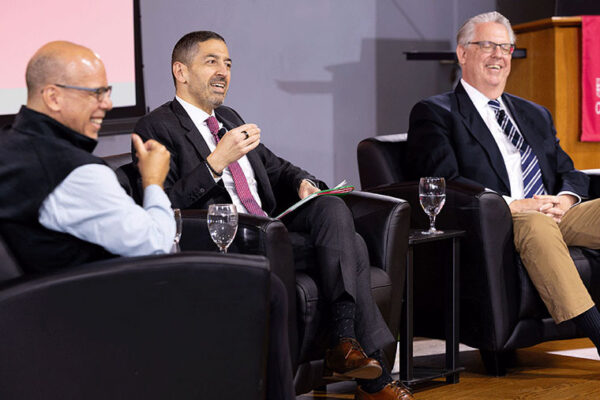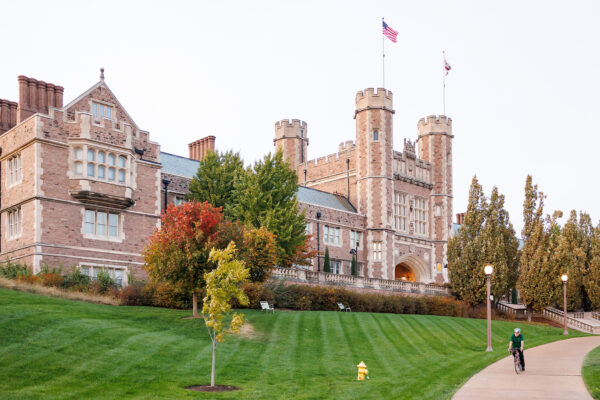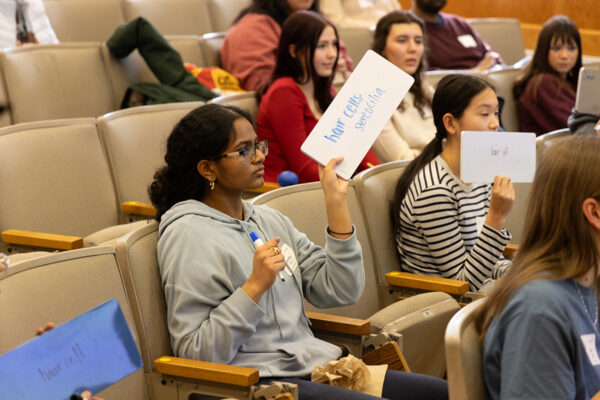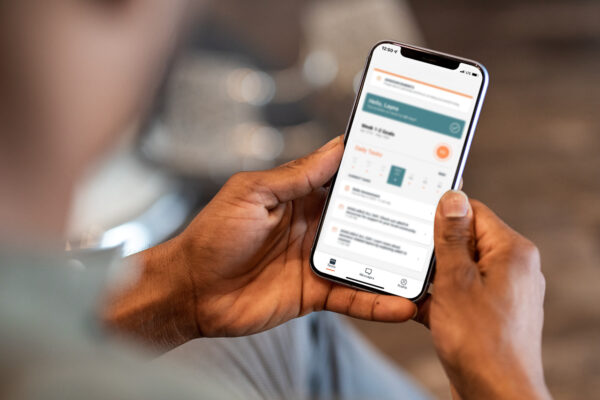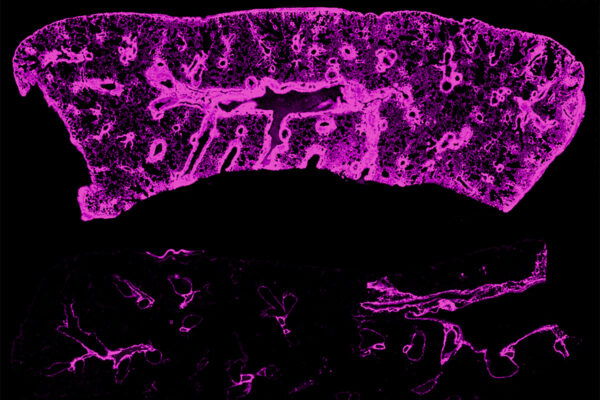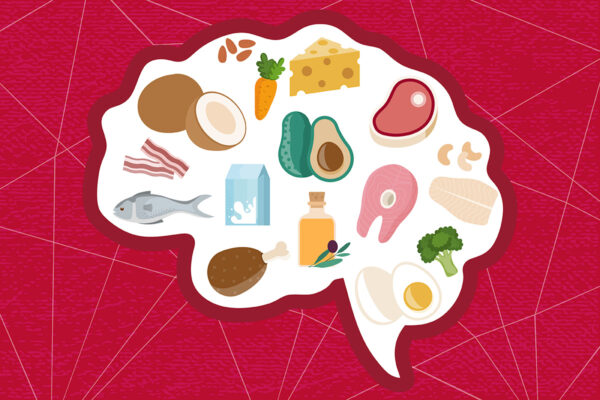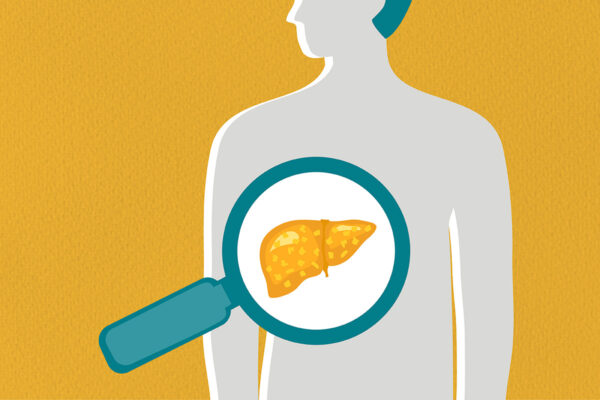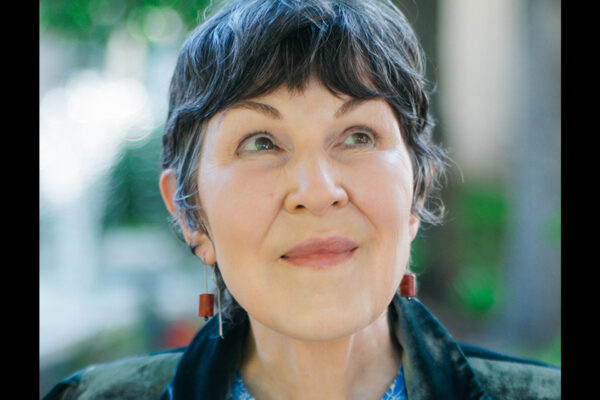Putting some ‘muscle’ into material design
Researchers at Washington University in St. Louis have developed muscle-inspired fiber materials for use in textiles, foods and biomedical applications.
From the experts
Find an expert
Perspectives
When Do Scientists Become Leaders? Earlier Than We Think
By treating leadership as a future role, research training overlooks skills trainees practice daily and delays their development, write Hong Chen.
‘What science reveals about polyamorous relationships’
Anthropologist Rebecca Lester, in Arts & Sciences, takes part in a “Science Quickly” podcast episode exploring polyamory, discussing what researchers have learned, common misconceptions and how individuals navigate such multipartner relationships.
Genetic testing for cancer is becoming more common
Of the many advances in science and technology over the past 25 years, genetic testing is arguably one of the most notable. Once a rare part of health care, it is now becoming much more common, writes Graham Colditz.
Videos
Researcher for a day
WashU engineer Marcus Foston regularly hosts middle school students to learn about cutting-edge science. It’s part of WashU’s immersive “Researcher for a Day” program.
Bookshelf
A new ‘Paradiso’
Celebrated poet Mary Jo Bang completes the third book in a modern translation of The Divine Comedy, an effort that took two decades.
